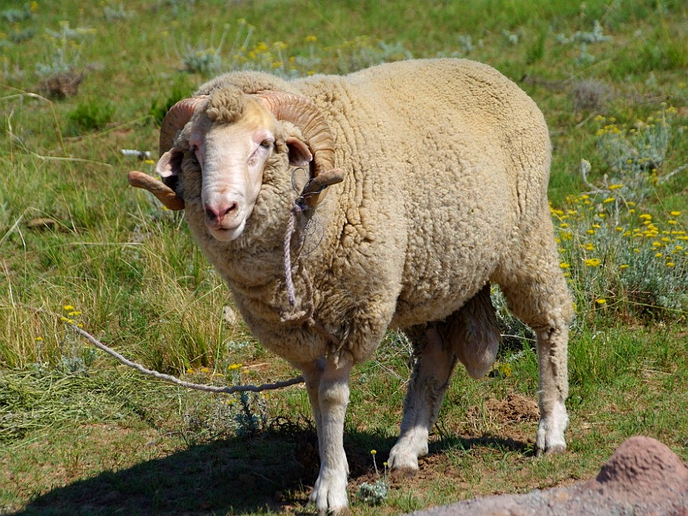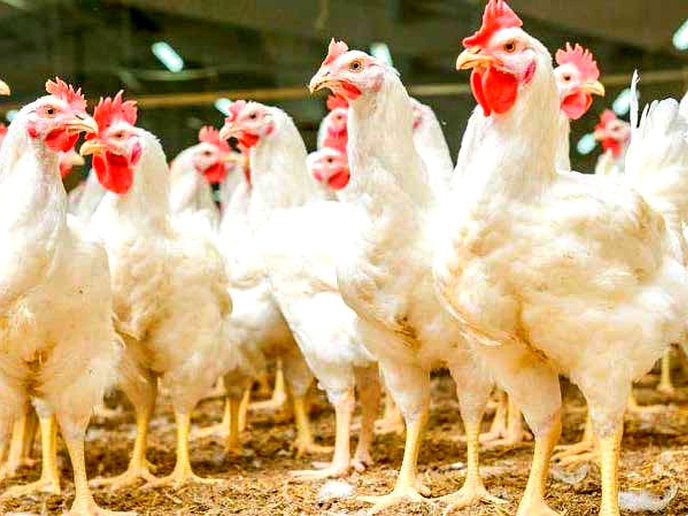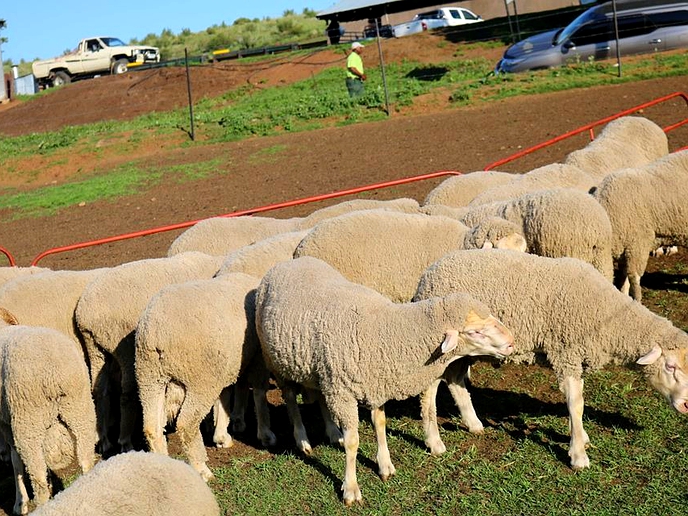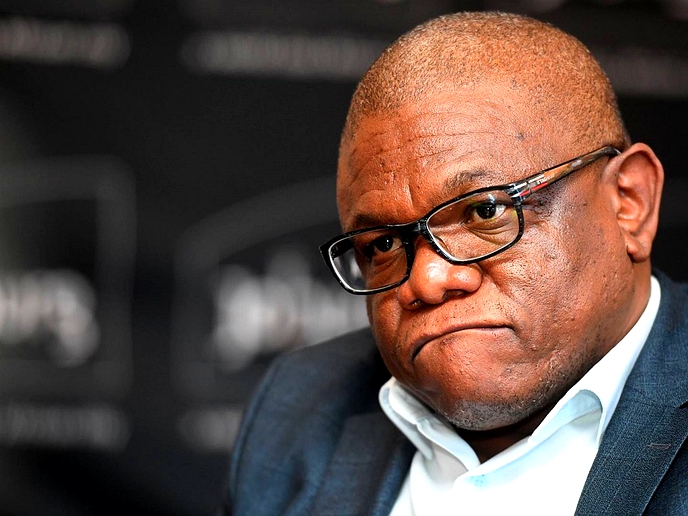THE Minister of Small Business Development, Cooperatives and Marketing, Keketso Sello has encouraged small stock farmers to unite in order to promote transparency and growth within the wool and mohair industry.
business
Nov. 28, 2020
STAFF REPORTER
3 min read
Minister urges wool farmers to strive for sector’s growth
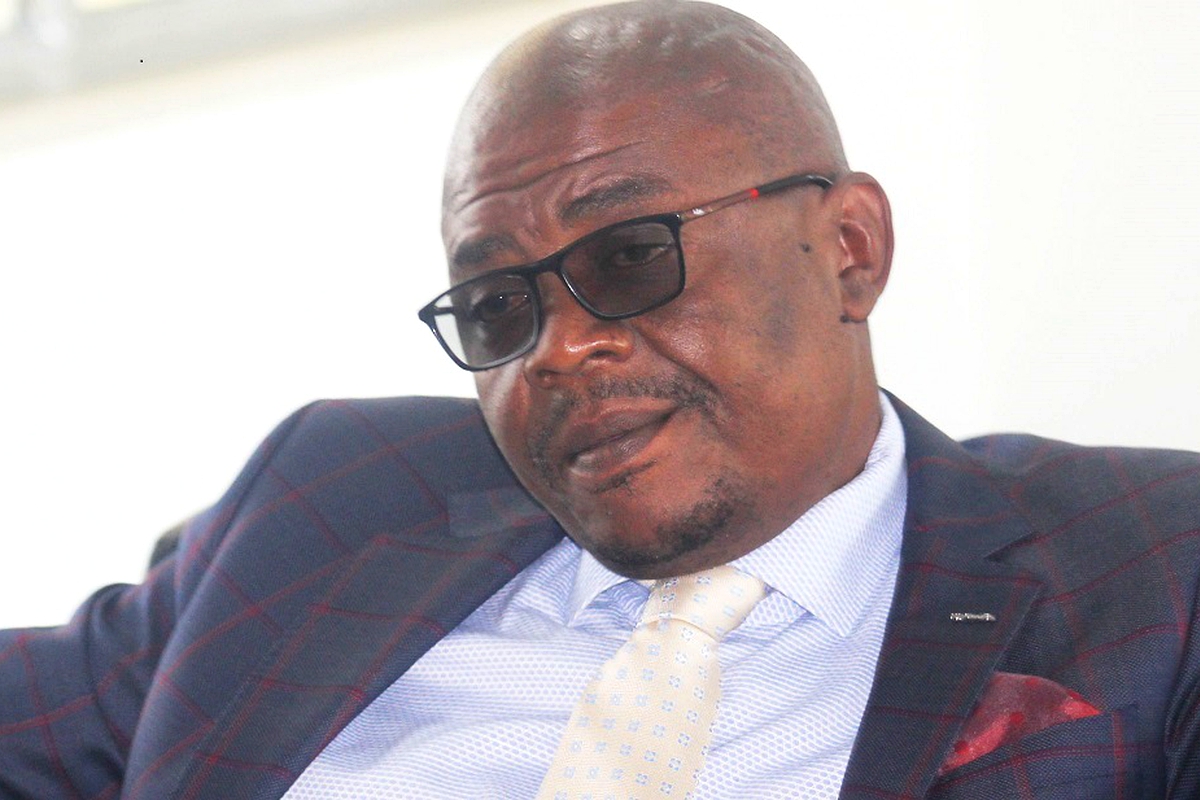
The Minister of Small Business Development, Cooperatives and Marketing, Keketso Sello
The minister made these remarks on Friday when addressing the small stock farmers during a meeting that was held at the Teyateyaneng woolshed in Berea.
The fascinating thing about small stock farmers, Mr Sello said is that they share almost everything from food to shelter at the cattle posts where they spend a great deal of their time.
“But surprisingly, their problems start immediately after shearing the wool and mohair in the woolsheds,” he noted.
In the past, he said the government initiated a strategy to sell the wool and mohair locally, but that failed, adding that for small stock farmers to feel a sense of ownership for such a strategy there is need to engage a bottom up approach so that everyone can know their rights and have a say in the sector.
He said they are trying everything possible to attract foreign investors who can clean and process the wool and mohair locally so that it can reach the international markets with more value.
One of the farmers, Khotso Maphahla complained that the wool and mohair sector has left them hopeless since 2018 when they were forced to sell their product in Thaba-Bosiu at the Lesotho Wool Centre.
He said things were fine when they traded with BKB because their payments were processed on time as opposed to now when they do not even know when they will get paid.
Mr Maphahla said they have lost trust in everybody including the government where their wool and mohair are concerned.
“We are even more worried now after learning that the trading licence of the Chinese investor who runs the Lesotho Wool Centre has been withdrawn. We wonder if we will ever get our monies,” he said.
Enjoy our daily newsletter from today
Access exclusive newsletters, along with previews of new media releases.
Another farmer, Tumelo Ndabene said his family suffered tremendously when he could not generate income through his wool and mohair, like he always did before.
“I have personally lost hope and trust in our political leaders because they failed to protect our businesses. I was unable to pay school fees for my children or feed them properly. Even my livestock suffered because I could not afford to buy medication for my sheep to fight scab,” Mr Ndabene said.
Other farmers showed that their products started to suffer immediately after certain politicians became intimately involved in the sector, therefore urging the government to create a conducive trading platform for everyone.
Tailored for you



